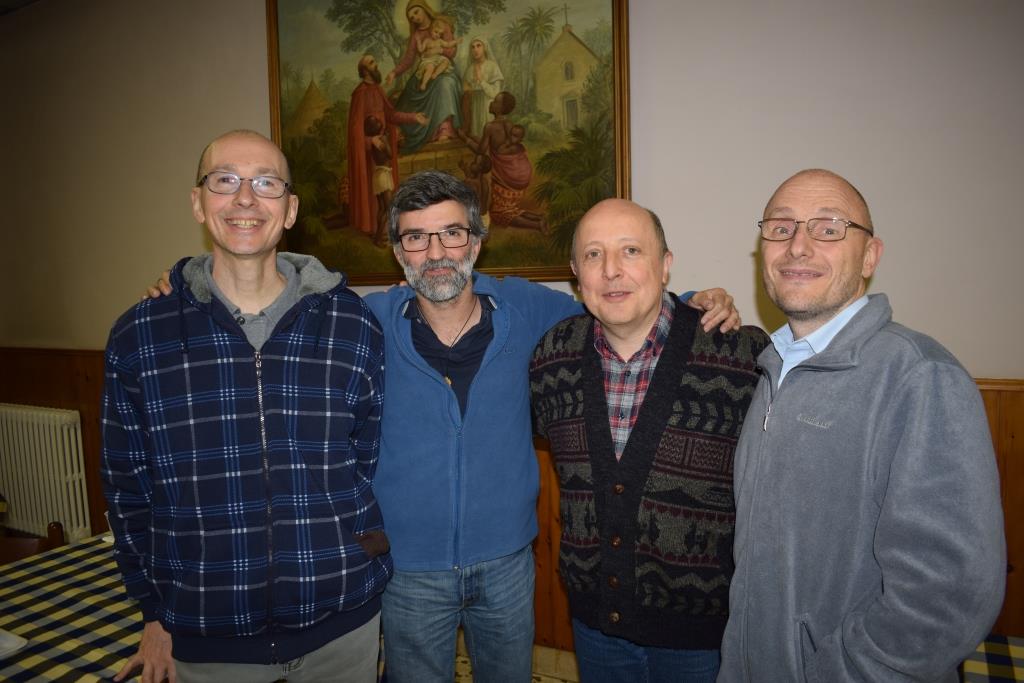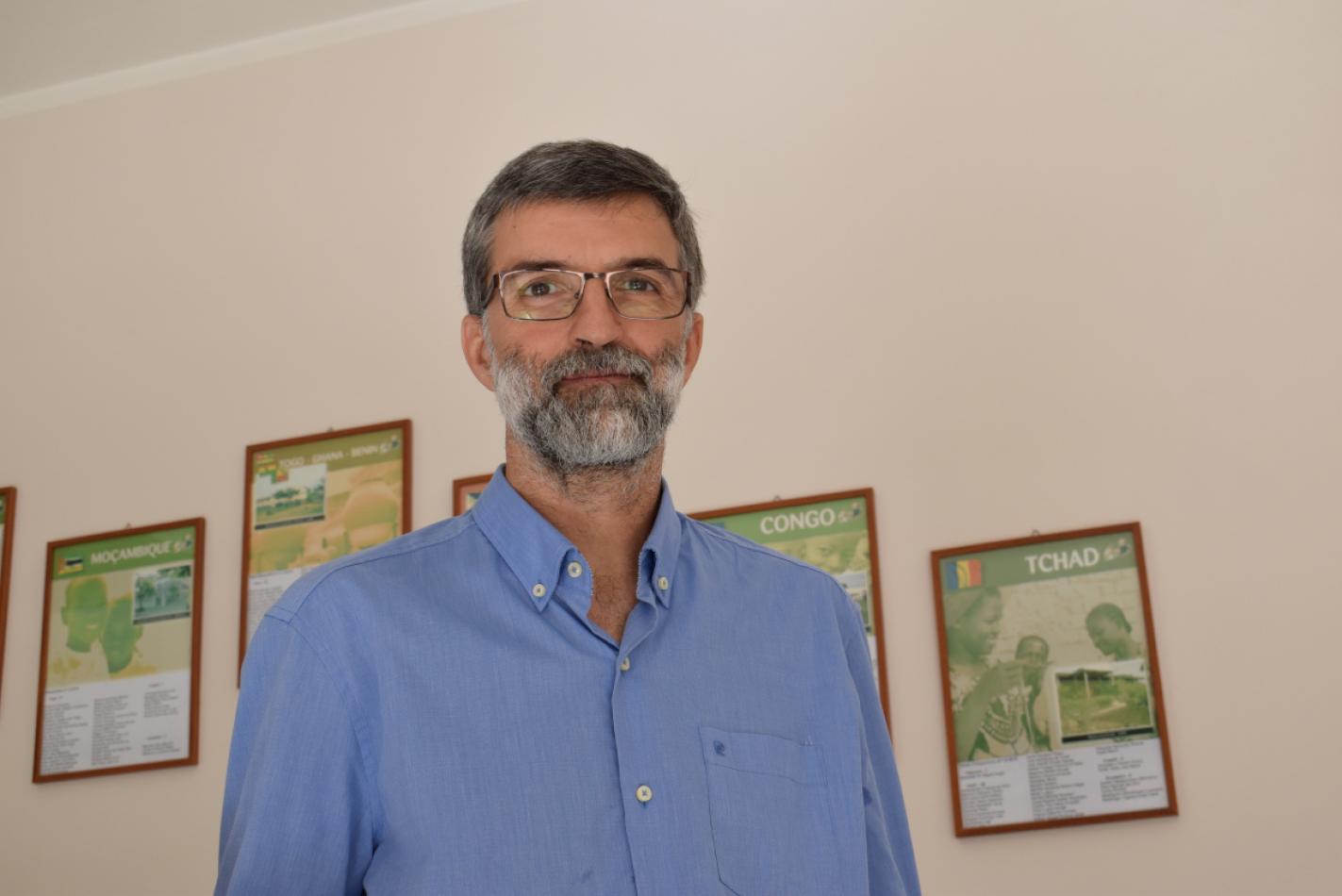Daniel Comboni
Comboni Missionaries
Institutional area
Other links
Newsletter
Monday, February 28, 2022
The encyclical Fratelli tutti resonates with freshness and dynamism in religious life and, in particular, its invitation to dream of a united and fraternal humanity is undoubtedly a fundamental element of its prophetic dimension. Francis insists on the urgency of promoting processes that break with the dynamics that discard people as “scraps” and create spaces of inclusion, respect and dignity.
For the Comboni Brothers this text is a very precious and stimulating tool that challenges us to read our charism in the key of fraternity and to discover how our tradition in the service of the mission has developed in a solid way. It also helps us to rethink our work from this unique moment in history.

In the first chapter, entitled “Dark Clouds in a Closed World”, the Pope outlines the dynamics that generate exclusion by creating divisions to preservef the privileges of a few. The fabric of the community is disintegrating in the growing culture of indifference towards the most disadvantaged and this is reflected in economic policies that seek personal and quick enrichment rather than the common good. It is precisely in this context that we find new spaces for missionary action by the Brothers as rebuilders of relationships and promoters of spaces for human and community growth. Starting from the encyclical, we can highlight three ways in which we can continue to deepen the specificity of the vocation of Comboni Brothers.
Builder of communion
The Brothers, because of their lay condition, are closely linked to the people of God with whom he walks, developing a ministry that is primarily social in character. This allows them to enter into cultural and social arenas that go beyond the confines of the Church. Pope Francis dedicates a chapter to social friendship where he exhorts us to build a future together, opening spaces for dialogue that start from the reality of the persons in their unique identity. Being with people is a characteristic of the Brothers’ vocation that is lived out in concrete service. That helps them to know, respect and value the gifts of each person. Service in education, work, accompanying groups, visiting the sick, among other things, are the embodiment of a fraternal presence that allows us to walk concretely alongside people. We live in times marked by constant cultural clashes and in this context intercultural and international community life shines as a sign of the values of fraternity lived evangelically.
Journeying with the least
Social reconstruction must start with the excluded. Pope Francis reminds us that the current economic system offers a false sense that everything is improving, but hides a tremendous inequality. Over 150 years our Institute has responded courageously to the cry of the poor and Brothers have been involved in a variety of ministries depending on the context in which they found themselves. Interestingly, internationality and variety of assignments contributed to the significance of their experiences. For example, Brothers who worked in America and Africa were able to enrich their specific services with new ideas and insights. Today new mission horizons are emerging and poverty is changing shape. The Brothers’ vocation is marked above all by this sense of knowing how to listen to the new urgencies that emerge from an attentive reading of reality, for which we always need new methodological tools. “The poorest and most abandoned” can easily become a simple slogan. As time elapses, the charism becomes institutionalised and professionalised, with the consequent danger of losing the initial freshness desired by the founder. For this reason, being a Brother impels us to a continuous pilgrimage in prophetic listening to the excluded.
Walking with the Samaritan
As a conclusion to these three points, we should add the icon of the Good Samaritan, to which the Pope dedicates the second chapter of Fratelli tutti. This icon helps us to deepen our understanding of the identity of the Comboni Brother, so often unrewarding or unknown in ecclesial circles and exposed to the temptation of protagonism, clericalism, spiritualism, professionalism or secularism. The Good Samaritan reminds us of the centrality of the spirituality of gratuitous service, capable of creating fraternal relationships and inventing alternative ways, allowing himself to make his life more difficult for the stranger wounded along the way.
Bro. Lamana Cónsola Alberto, MCCJ
[combonimission.net]




